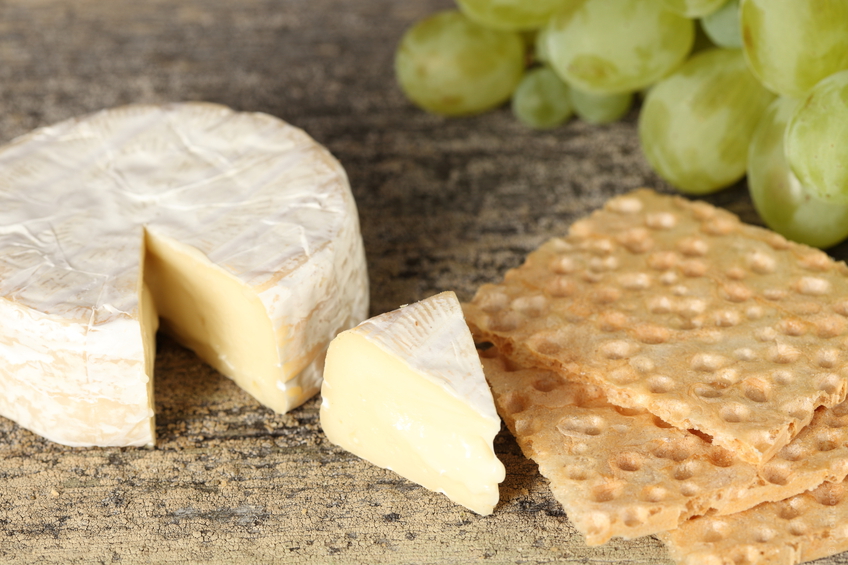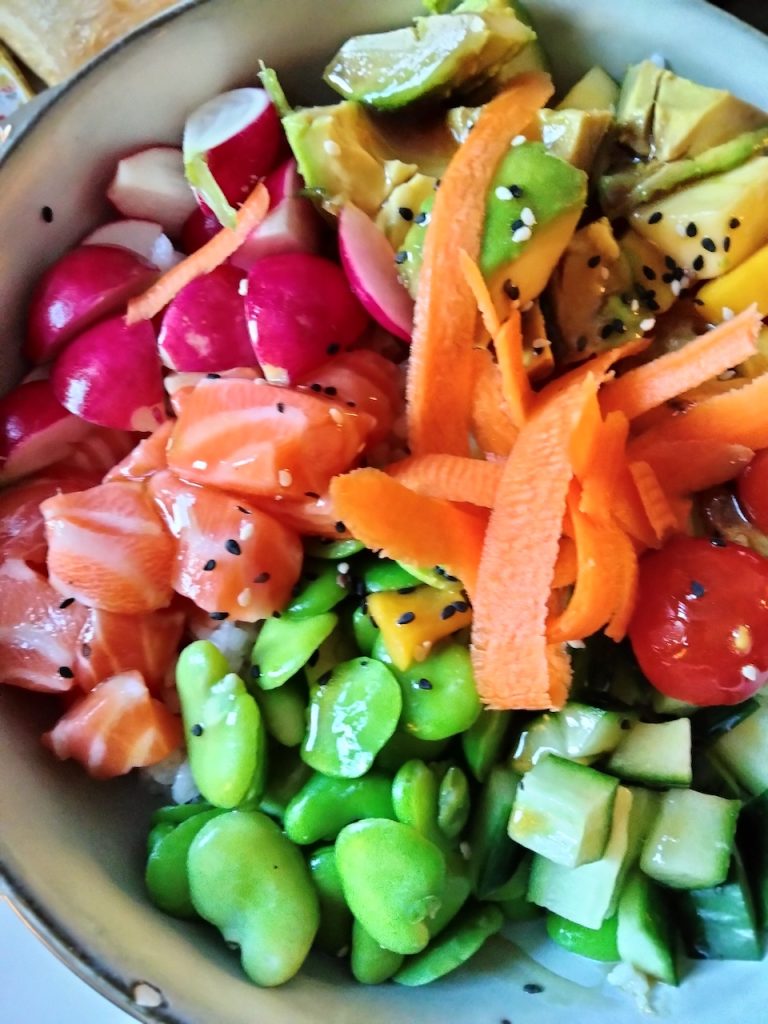Tips to avoid late-night snacking
An important weight management tip is to eat when you we feel true, physiological hunger. Eating when not truly hungry can lead to excess calories and weight gain. Excessive snacking before bedtime and/or late at night, in particular, can become a bad habit. It can be a ‘go to’ behavior to distract us when we are experiencing uncomfortable or unpleasant feelings, such as frustration, anger, fear and boredom. Even excess stress and exhaustion can play a role in night-time eating. Here are some tips to limit mindless eating at night:
Eat well during the day: Aim to consume regular, well balanced meals with a wide variety of foods. Take time to plan your meals and snacks. Listen to your body and stay fueled throughout the day, according to your hunger levels.
Include fiber-rich foods: Few Americans eat enough of fiber-rich foods. Fiber, found in plant foods, promotes digestive and heart health and keeps you feeling fuller longer. Whole grains, fruits and veggies, nuts, seeds and legumes are fiber-rich. The more fiber you eat, the more important it is to drink plenty of water.
Don’t skimp on protein and overdo processed carbs: Noshing on processed carbs all day, such as crackers, white bread, granola bars, sugary cereals, sweets, pastries, and chips, for example, doesn’t provide your body with what it needs for optimum performance. Stick with healthier carb choices, such as fruit, nuts, seeds and whole grains. Pair these foods with a source of protein, such as a hard-boiled egg, Greek yogurt, nut butter, cottage cheese, hummus, tuna, etc.
Think twice before taking a bite: what are you really feeling? Is it true hunger or are you anxious, bored, frustrated or tired? What other activities and behaviors would satisfy you? Consider calling a friend to chat, playing a game, going for a walk, taking a relaxing shower or bath, reading, etc.
Go to bed earlier: if you are eating out of boredom or as a compliment to late-night television, consider an earlier bedtime. Sleep is important for weight control. Inadequate sleep can interfere with efficient carbohydrate metabolism, increase fat storage and hunger.
If you are truly hungry, eat a healthy balanced snack, such as yogurt with fruit, oatmeal with raisins and nuts, 1/2 small turkey sandwich on whole wheat bread or a slice of whole wheat toast spread with peanut butter or low-fat ricotta cheese and a dab of honey or jam. Keep your portions small and avoid distractions while eating.










